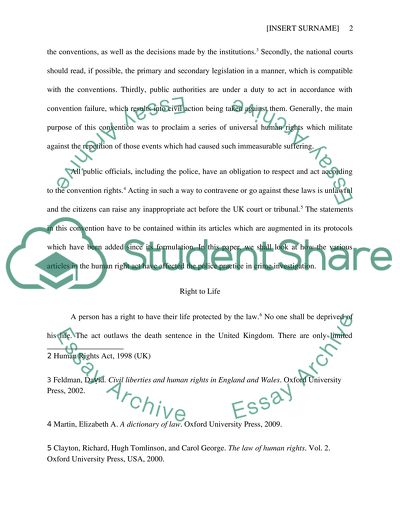Cite this document
(“Policing and HRA 1998 (UK Law) Essay Example | Topics and Well Written Essays - 2750 words”, n.d.)
Policing and HRA 1998 (UK Law) Essay Example | Topics and Well Written Essays - 2750 words. Retrieved from https://studentshare.org/law/1684443-policing-and-hra-1998-uk-law
Policing and HRA 1998 (UK Law) Essay Example | Topics and Well Written Essays - 2750 words. Retrieved from https://studentshare.org/law/1684443-policing-and-hra-1998-uk-law
(Policing and HRA 1998 (UK Law) Essay Example | Topics and Well Written Essays - 2750 Words)
Policing and HRA 1998 (UK Law) Essay Example | Topics and Well Written Essays - 2750 Words. https://studentshare.org/law/1684443-policing-and-hra-1998-uk-law.
Policing and HRA 1998 (UK Law) Essay Example | Topics and Well Written Essays - 2750 Words. https://studentshare.org/law/1684443-policing-and-hra-1998-uk-law.
“Policing and HRA 1998 (UK Law) Essay Example | Topics and Well Written Essays - 2750 Words”, n.d. https://studentshare.org/law/1684443-policing-and-hra-1998-uk-law.


